Thursday, April 21, 2022 / 12:11 PM / by FDC Ltd / Header Image Credit: The Guardian Nigeria
Unemployment has become a hydra-headed problem. Almost every presidential candidate, at last count 95 of them, have unemployment among top 3 issues to be resolved. But wait a minute, how do you solve a problem without a dimension. How do you determine a value in a simple or quadratic equation without the unknown parameters? The last time unemployment data was released was 2years ago (Q2'2020), even before then, there was a gap. GDP is growing at 3.4% while Labor productivity in Nigeria is 1.7%. This implies that there is high level of underemployment as well as unemployment.
Nigeria, like most developing countries, is experiencing youth bulge. In demographic studies, youth bulge refers to a demographic trend characterized by large share of youth and children population. This age cohort pattern is usually experienced when countries succeed in reducing infant mortality while keeping fertility rate high. For example, Nigeria is currently experiencing its youth bulge while most European countries are currently characterized by ageing population.
Nigerian Population Pyramid
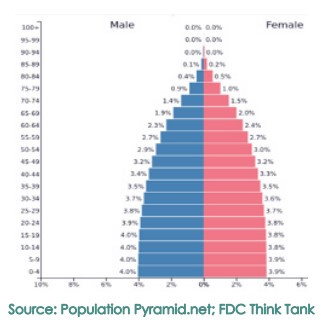
German Population Pyramid
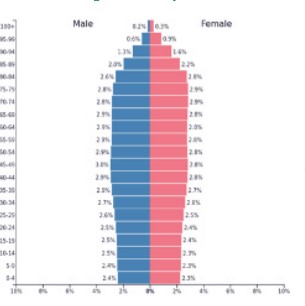
Generally, youth bulge is a timebound phenomenon that is experienced by most countries in the course of demographic transition. It comes with myriads of complexes including demographic dividends and challenges. It could catalyze economic growth through increased labour participation and human capital development. In periods of youth bulge, more youth adults are expected to enter the working population thereby increasing labour supply. If these cohorts are fully engaged, aggregate supply will substantially increase, dependency ratio will fall, income per capital will rise and economic inequality will fall. It is a golden era for any economy.
The harvest of opportunities that youth bulge offers will depend on how it is harnessed. For example, South Korea and now China exploited the golden opportunity. They understood the era and moved by initiating policies that helped to harness the youth potentials. First, they created environment within which small businesses could flourish. China rigorously pursued programs that helped its 269 million youths population in assessing resources and running small businesses.
Second, they created environment conducive for foreign multinationals to see their economies as choice destination for investment. This led to creation of massive jobs for the youth population. Third, China began transitioning its economy from agrarian-based to industrial-based economy, and currently it has begun a necessary transition to services without diminishing its industrial dominance. China also diminished the power of its landed elites by allowing for social mobility.
Consequently, China lifted 800 million people out of poverty in one generation¹, and continued to sustain its output growth rate above the global output growth for more than two decades.
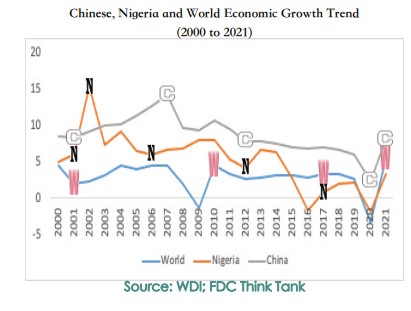
However, Nigeria is failing to harness its youth bulge. Instead of demographic dividend, the country is on the path of harvesting demographic crises from its youth bulge. Demographic theorists posit that if youth bulge is not converted to economic opportunities, it will turn out to become demographic crises. The later appears to have become the nation's hallowed experience. The golden era has become an era of growing unemployment. Young persons between the age of 15 and 34 years make up 43% of the labour force in Nigeria with nearly half of the youth labour force been unemployed based on NBS 2020 survey. The unemployment rates for persons between age of 15 and 24 years and 25 and 34 years were estimated at 53.4% and 37.2% respectively. In addition, about 21% of persons who are between the ages of 15 and 34 years are underemployed.
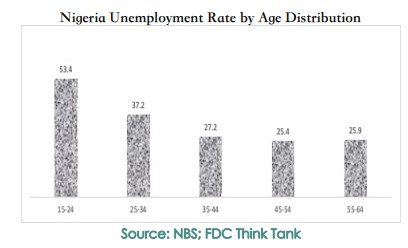
Empirical research suggests that there is strong correlation between poorly managed youth bulge and armed conflicts². When youth population rises, as in the case of Nigeria, the youth age cohort could feel marginalized if they are not gainfully employed. The feeling of economic marginalization by the cohort has been associated with rising insecurity in the Sahel and Middle East. In Nigeria, rising insecurity and terrorism could be associated with the feeling of frustration, economic marginalization, and alienation by the teeming youth population. In the past decade, estimated 87,903 people have died through Boko haram, state actors, sectarian actors and other armed bandits and terrorists³. The increasing population of Nigerian youths that are into terrorism today confirms Dabbs view that cost of recruitment into armed criminal groups is low in the era of youth bulge.
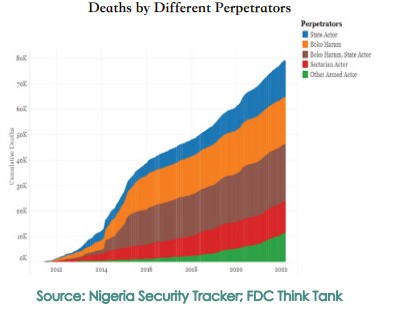
Moreso, rising insecurity represents a huge opportunity cost for the economy. It distracts policy makers and economic managers from focusing on growing the economy to focusing on fighting insecurity. Resources that would be used for the provision of education, development of human capital and boosting economic activities will be diverted to fighting insecurity. In the past decade, Nigeria has spent about N6 trillion on fighting insecurity, while spending only N5.4 trillion on recurrent expenditure in the education sector between 1980 and 2020. Institute of Economics and Peace (IEP) also reported that the growing violence in the country cost Nigeria about $132.59 billion (or N50.38 trillion) or 8% of GDP in the past decade. Thus, instead of harvesting demographic dividend from its bulging population, Nigeria has rather harvested huge economic lost, crisis and ballooning future costs in terms of debt overhang.
Although Nigeria has wasted a substantial share of its golden era, there are vast opportunities for exploiting the demographic dividends that youth cohort can offer. To start with, the youth population must be prepared for the labour market. This requires prioritizing education and skill development. While expanding access to secondary and tertiary education as well as skill acquisition is required to create opportunities for the youth population, there is also the need to enhance the capabilities to make the right decision for seizing opportunities through better access to credit, access to information, and development of well-functioning markets. Furthermore, Nigeria would need to embark on addressing the legacy constraints that undermine industrial development. It must tackle energy poverty as over 50% of Nigerians do not have access to national grid⁵. The focus on subsistence agriculture which has dominated Nigeria's Agricultural sector policy needs to change: it must focus on commercial and mechanized farming. The pace of industrial transition must be more than doubled while keying into the fourth industrial revolution the era of digital economy. The government and policymakers must rethink the fight against insecurity from the viewpoint of creating economic opportunities rather than purely military combat. The time to begin to harvest the golden era is now and we must act now or never. Indeed, Nigeria still has a second chance.
 Lagos, NG • GMT +1
Lagos, NG • GMT +1











 192 views
192 views
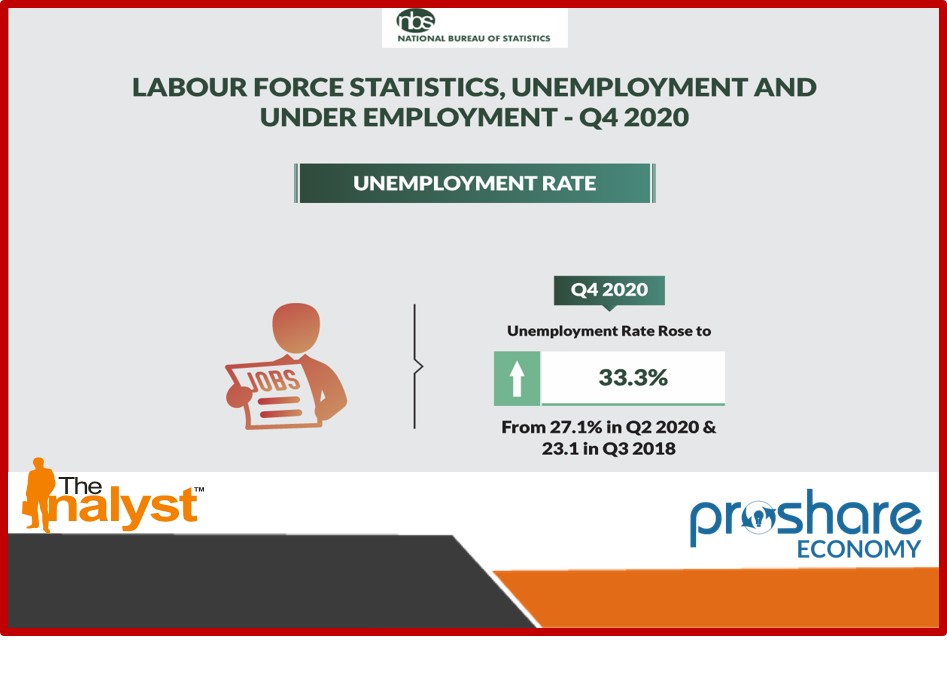


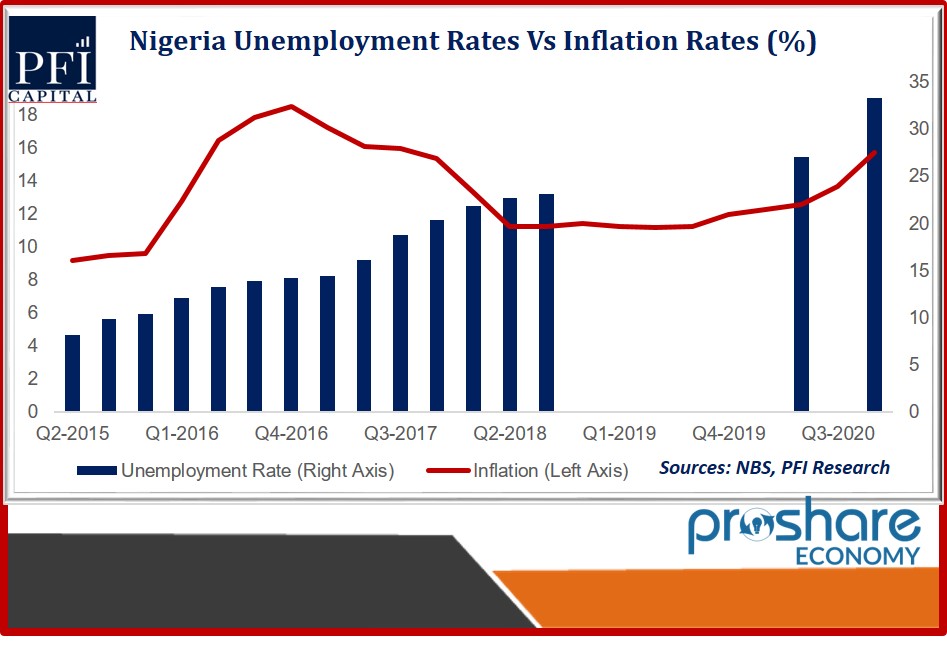
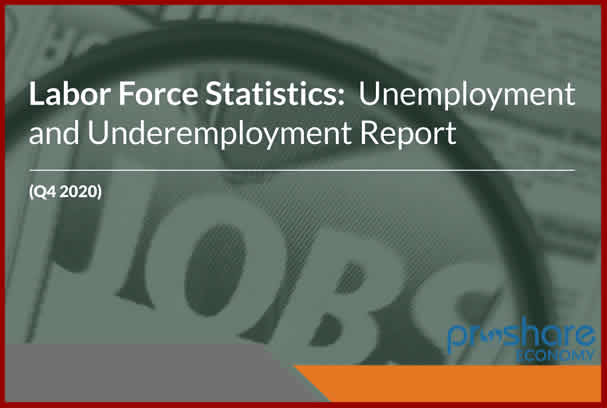



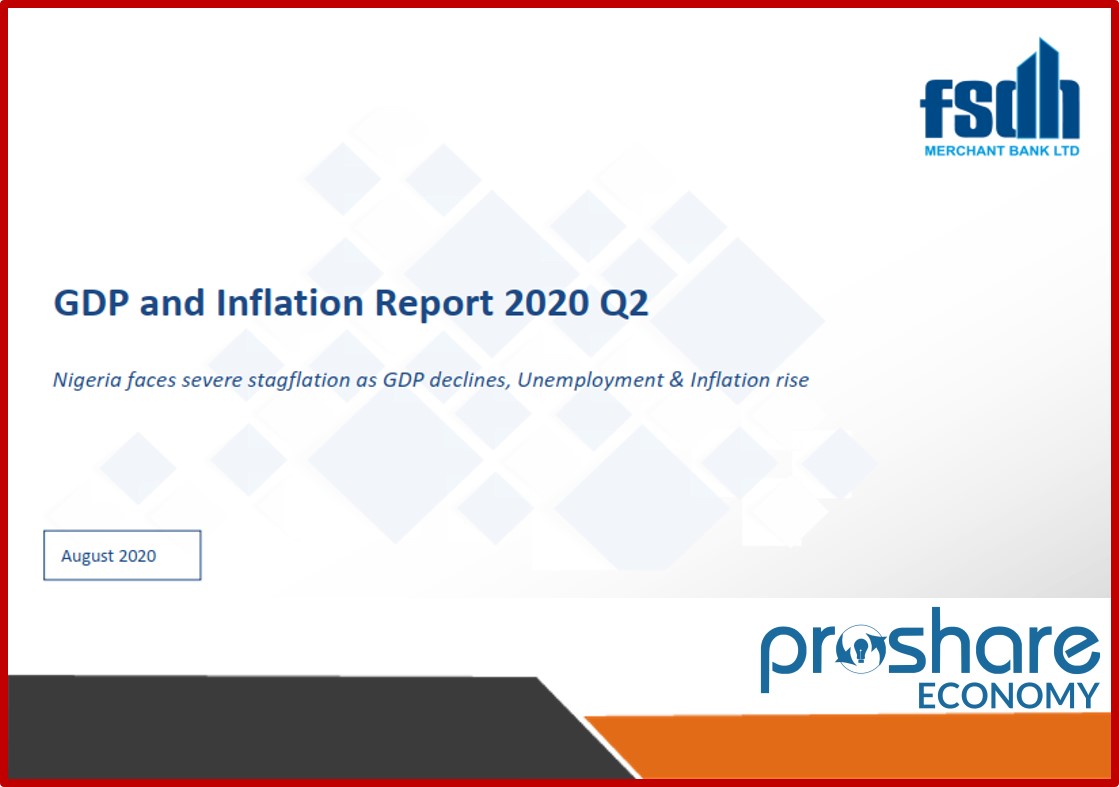





 Sponsored Ad
Sponsored Ad
 Advertise with Us
Advertise with Us









